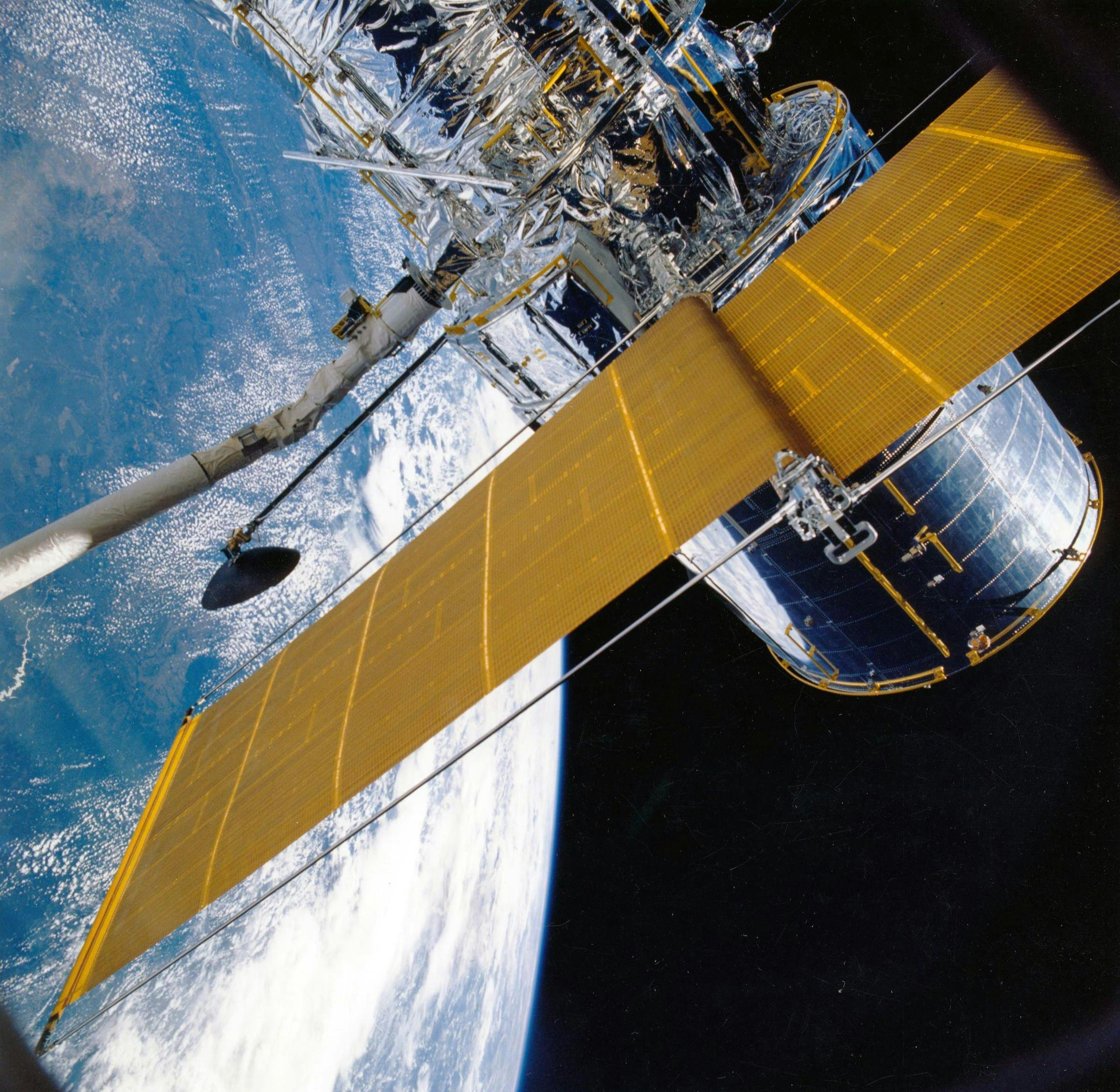Navigating the Legal Maze of Space Debris Liability
Introduction: As humanity's reach extends further into the cosmos, a new frontier of legal challenges emerges. The proliferation of satellites and space debris has created a complex web of liability issues in outer space. This article explores the evolving legal landscape surrounding space debris, examining current frameworks and future implications for space-faring nations and private entities.

Historical Context: The Outer Space Treaty
The 1967 Outer Space Treaty forms the foundation of international space law. While it establishes basic principles for the peaceful use of outer space, it does not specifically address the issue of space debris. This legal gap has become increasingly problematic as the number of objects in orbit continues to rise exponentially.
The Liability Convention of 1972
Building upon the Outer Space Treaty, the Convention on International Liability for Damage Caused by Space Objects, commonly known as the Liability Convention, was adopted in 1972. This treaty establishes a framework for assigning liability for damage caused by space objects, including debris. However, its application to modern space activities and the complexities of debris-related incidents remains challenging.
Current Legal Challenges
Identifying the responsible party for space debris damage is often a complex task. The fragmentation of debris over time and the difficulty in tracking its origin create significant hurdles in establishing liability. Moreover, the increasing involvement of private companies in space activities further complicates the legal landscape, as traditional state-centric liability models may not adequately address these new actors.
Emerging Legal Approaches
Recent years have seen a push for more comprehensive legal frameworks to address space debris liability. Proposals include the development of a fault-based liability system, similar to maritime law, and the establishment of an international fund to compensate for debris-related damages. Some experts advocate for a mandatory debris removal obligation for satellite operators, potentially enforced through national licensing regimes.
International Cooperation and Soft Law
Given the global nature of space activities, international cooperation is crucial in addressing space debris liability. Soft law instruments, such as the UN Space Debris Mitigation Guidelines, have emerged as important tools in shaping state and private actor behavior. While not legally binding, these guidelines provide a foundation for developing more robust legal mechanisms in the future.
The Role of National Legislation
In response to the limitations of international law, many spacefaring nations have begun to develop their own national space legislation. These laws often include provisions on debris mitigation and liability, creating a patchwork of regulations that both complement and sometimes conflict with international norms. The challenge lies in harmonizing these national approaches to create a coherent global framework.
Future Prospects: Space Traffic Management
As the number of objects in orbit continues to grow, the concept of space traffic management is gaining traction. This approach envisions a comprehensive system for coordinating space activities, including debris tracking, collision avoidance, and liability assignment. Implementing such a system would require significant legal and technological innovations, as well as unprecedented international cooperation.
Conclusion
The legal landscape surrounding space debris liability is rapidly evolving, driven by the urgent need to address the growing risks in Earth’s orbit. As space activities continue to expand and diversify, the development of clear, enforceable, and internationally accepted legal frameworks becomes increasingly critical. The challenge for lawmakers and policymakers is to create a system that balances the interests of spacefaring nations, private entities, and the global community while ensuring the sustainable use of outer space for future generations.




